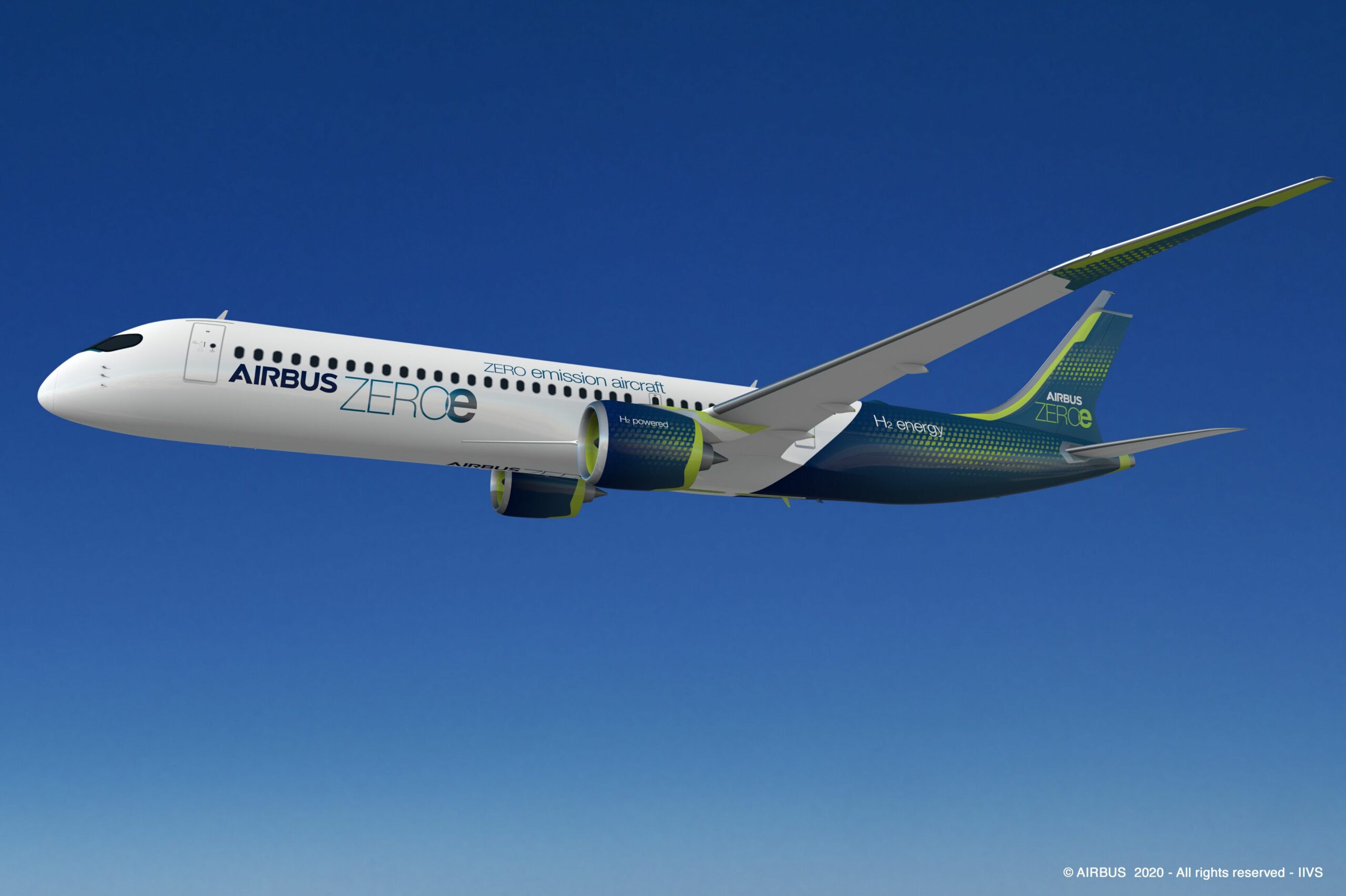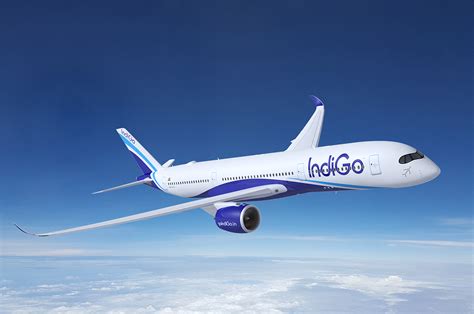
Airbus Zeroe Turbofan Concept Plane scaled
The Civil Aviation Authority of Singapore (CAAS) and Airbus signed a memorandum of understanding to collaborate on sustainable aviation. Under the memorandum, the two parties will study the demand and production supply of alternative aviation fuels and how the fuels can contribute to decarbonisation strategies, and to explore opportunities in the research and development of disruptive technologies and enabling airport infrastructure.
The first joint project between CAAS and Airbus would be a technical feasibility study of an airport hydrogen hub, and the infrastructure needed to support future hydrogen-powered aircraft. The study will commence in early 2022 over a two-year period, where it will examine how the requirements can be planned and provisioned for in an airport’s development. The study’s outcome “will inform” policymaking, infrastructure planning, and industry development, says Singapore’s civil aviation authority on 18 November.
“Decarbonisation is a key priority for international aviation. Recovery from the COVID-19 pandemic will not be a return to business-as-usual but an opportunity to rebuild an aviation sector that is more sustainable. It is not a question of whether but of how to make flying greener and developing concrete pathways to achieve that goal while ensuring that air travel is still accessible,” says Han Kok Juan, the director-general of CAAS.
“Airbus is committed to leading the decarbonisation of the aviation sector and aims to deliver the world’s first zero-emission commercial aircraft by 2035,” says Airbus chief technical officer, Sabine Klauke. “The decarbonisation of our industry requires a combination of approaches, hydrogen being one of them, and will need unprecedented cross-sector collaboration to create the new aviation infrastructure ecosystem. We are therefore pleased to have CAAS as a partner, as we embark on this exciting journey.”
Through a LinkedIn post, Klauke indicates the feasibility study “is the first of several projects” Airbus is discussing with Singapore, and hints that more will be announced in the future.
CAAS partners with Singapore Airlines and Temasek Holdings on sustainable aviation fuel
Prior to the memorandum signing with Airbus, the CAAS on 13 November announced a partnership with Singapore Airlines and Singapore-based global investment company Temasek Holdings, to pilot the use of sustainable aviation fuel (SAF) in Singapore.
A request for proposal was called on 10 November to invite select SAF producers and suppliers to develop and execute plans to deliver blended SAF to Singapore Changi Airport. The pilot will commence in 2022 for a one year period, and is a follow-up to a study conducted by Singapore’s government and industry players on the operational and commercial viability of using SAF at Changi Airport.
The SAF pilot launch comes after the unveiling of the SAF Policy Toolkit during the 26th Conference of Parties (COP26) to the United Nations Framework Convention on Climate Change (UNFCCC) that was recently held in Glasgow, United Kingdom. The Toolkit, provides a menu of options to help policymakers around the world grow a sustainable SAF supply, stimulate SAF demand, and enable a healthy SAF ecosystem, says the CAAS.
“Tackling the climate emergency requires the acceleration of decarbonisation strategies, particularly in hard-to-abate sectors such as aviation and transport. This pilot project will trial the production and deployment of low-carbon fuels, with potential outcomes that could put the aviation sector on a path towards net zero. We look forward to working closely with CAAS and Singapore Airlines to collate real world data on the practical benefits that sustainable aviation fuel can bring,” says Frederick Teo, Temasek’s managing director for sustainable solutions.
Views: 4




